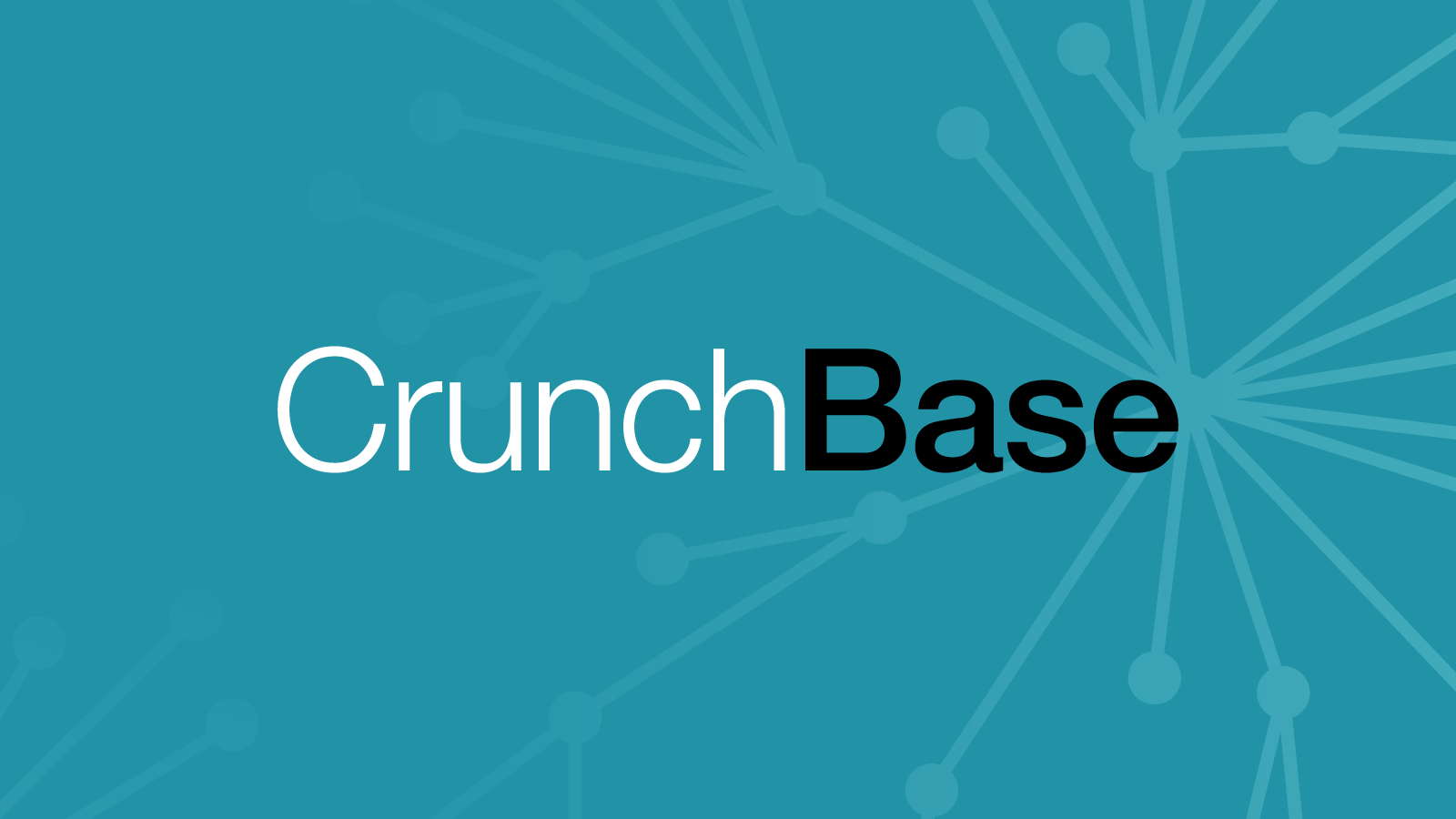
Crunchbase may not be a household name in the way that LinkedIn and Facebook are, but it’s still a very important part of professional life, especially if you’re a founder, partner, or C-suite member of a company. It’s also a crucial tool for startups; if you’re in the business world, you need Crunchbase.
Setting up a Crunchbase profile for yourself or your company is easy enough – you simply enter data into different fields as you would any other site. But, choosing what (and how much) to include in your Crunchbase profile isn’t exactly common knowledge.
That’s why this guide exists – to help you learn what should be on your profile. Check out the top seven elements your Crunchbase profile needs below:
1. Your Company and Title
First things first: people need to know who you work for and what you do for them. This helps prospective investors, partners, and employers figure out who is legit (and who isn’t) on Crunchbase.
Since Crunchbase is a little more specific in nature than LinkedIn, other users need to know you aren’t just another intern inflating your role.
Crunchbase is best used by people who are founders, partners, or otherwise high up in their organizations, and listing your title is the easiest way to prove that you’re one of them.
2. A Professional Bio
Your Crunchbase bio is a crucial part of your profile. It lets people know who you are and what you’ve accomplished. So you should be spending a good deal of time writing/editing this.
List your accomplishments, qualifications, and other relevant details in a clear, engaging way. Include personal details about your life/values, but don’t get too poetic. Simply let people know who you are and what you stand for without climbing on a soapbox.
Some of the things you can reference in your bio:
- Accomplishments with your company
- Industry-specific qualifications
- Education history
- Philanthropic work
Crunchbase gives you a lot of space to craft your bio – it can be longer than 1,500 words if you like – but it’s best to use only as much space as you need. If you want a solid example of a Crunchbase bio, look at Maryland Attorney Alex Brown’s. It’s simple, to the point, and covers all the bases without wasting time.
3. Relevant News and Links
Have you been interviewed recently, written any thought leadership pieces, or been involved in newsworthy business events? Include links to all of those things in the “Recent News and Activity” section of your profile.
This is where people will be able to see how your work is making an impact right now. Did you help guide your startup through a stressful but successful round of Series A funding? Brag about it by posting news links.
4. Education (Especially if You’re Younger)
Sure, college isn’t as important as it used to be, but it still matters in most industries. If you attended a respected program or graduated with honors, it’s always worth including.
If you’re in the earlier stages of your career, this is especially important because it can lend you credibility the rest of your CV may be lacking.
Finally, there’s always that bit of “Alumni/Degree Bias” – other professionals who attended your school will feel an automatic kinship with you. Even if you didn’t go to the same school, attending a top program may make it easier to get the job/contract.
5. A Professional Headshot
A good headshot makes you stand out in a sea of faceless profiles, organizations, and emails. Being able to see a person’s face fosters trust and familiarity – and it requires very little effort. Find your best headshot, upload it, and move on.
6. Links to Your Website and Social Media
If you’ve got a website, professional Facebook/Twitter/YouTube, or an active LinkedIn profile, make sure they’re included in your Crunchbase profile. Your profile is simply a way for people to get to know you, and you want to make sure you give them as much information as possible.
If a company is thinking about bringing you on but isn’t sure about your personality, links to your Facebook and Twitter can be very helpful. If they want to see more of your work history, they can check out your LinkedIn.
The point is simple: the more info you provide, the better chance you have of landing a meeting, investment, or job from other people active on Crunchbase.
7. Your Location and Work Area
It’s a digital world, but geography still matters. It’s always a good idea to list your location and the areas you work in on your Crunchbase profile so that potential connections can determine whether or not that’s an obstacle.
For example, if you run a consulting firm in Boston, you may not want to enter a long contract with a company in Dallas that exclusively meets face-to-face.
Wrapping Up: The Importance of a Good Crunchbase Profile
When creating your Crunchbase profile, you need to be sure you’ve included all the relevant information and links that other users need. Whether you’re looking for funding, clients, a new job, or a new partner, the more information you give, the better. To put it simply: use your Crunchbase to build trust, familiarity, and credibility with others in your industry, and reap the rewards.


